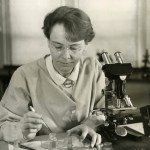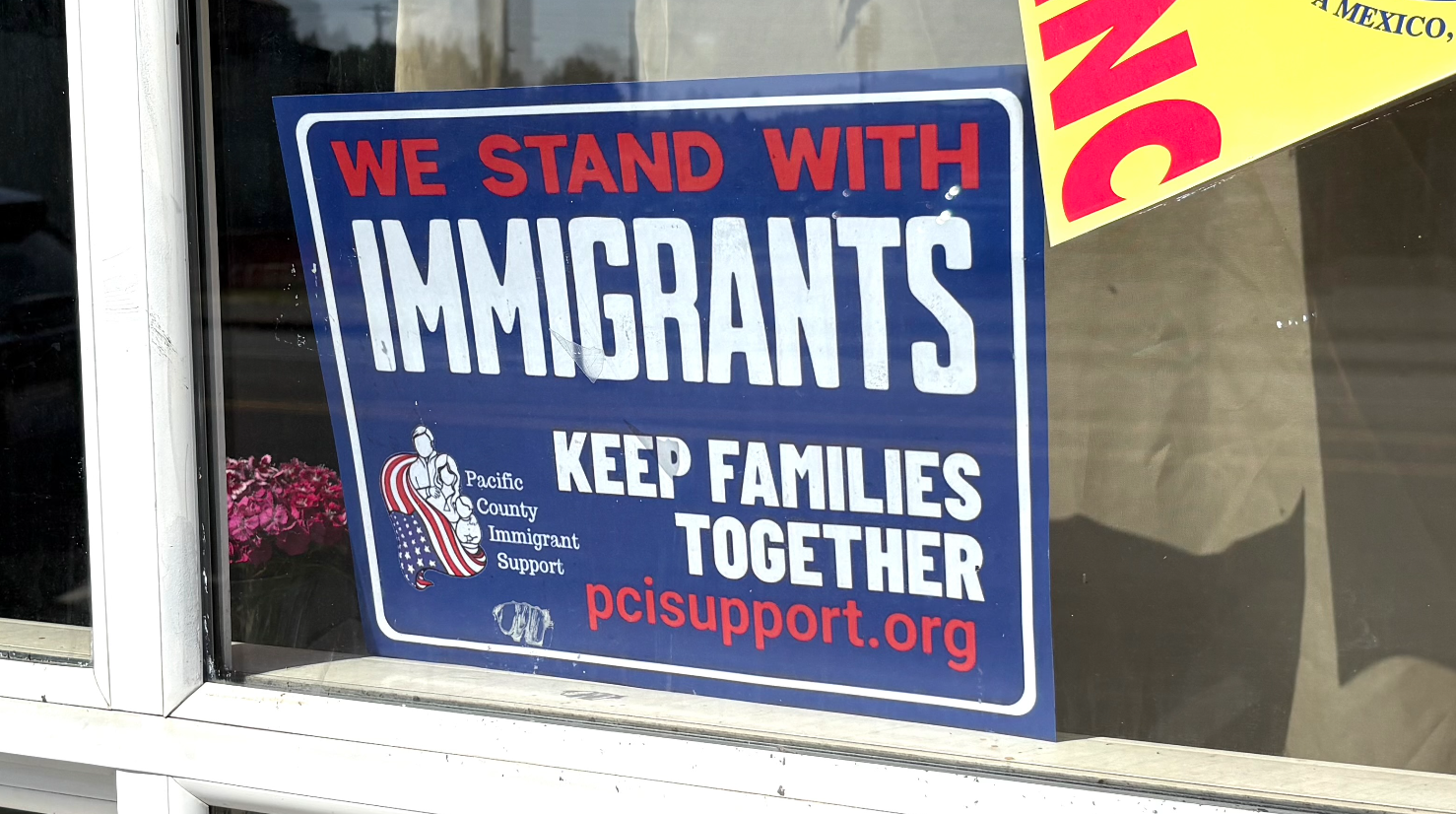Guest Column: Scientific advances are vital to finding disease cures
Published 8:12 am Wednesday, June 18, 2025


I am writing as part of the McClintock Letters initiative, which aims to publish over 1,000 op-eds about science research in honor of Nobel Prize-winning geneticist Barbara McClintock’s birthday.
I lived in both Astoria and Long Beach for a number of years, and although I’m now in Chicago, I wanted to share my story with the community.
In 2022, after 17 years of unexplained pain and bleeding, I was diagnosed with stage IV endometriosis. By this point, the disease was so advanced that my best option was to have my entire reproductive system removed and go into surgical menopause at 33. When I received my diagnosis, my doctor looked at me sadly and said that the only specialized endometriosis surgeon in the state of Washington did not take health insurance, and she wasn’t sure where to send me for further treatment. As I searched for treatment options, I deteriorated to the point where I couldn’t walk, and the pain was so severe that I was in the ER at least once a week.
Quest for treatment
I ended up having to move to Chicago to find a surgeon who could treat me and provide long-term follow-up care, as available statistics suggest that endometriosis symptoms tend recur up to five years post-surgery.
Fortunately, the surgeon in Chicago provided the care I needed to recover, and I have not had symptoms since my last surgery in 2023. However, I often think of all the women who do not have the resources I had — I had a remote job with benefits like health insurance, PTO, and medical leave, and I had a good science education that helped me read medical journals to determine my best treatment options.
There is so much we don’t understand about this disease, and the first line of treatment, birth control, is the same treatment they prescribed back in the 1960s. It still doesn’t work. Additionally, endometriosis is not a rare disease: current statistics suggest that 1 in 10 women have it, and this number is likely higher because the average diagnosis time is seven years from the onset of symptoms. If you know more than nine women, you likely know someone with endometriosis. When I go to events in Chicago, people ask what brought me here, and when I say endometriosis, I hear, “Oh, my wife/sister/daughter/mother/friend has that.” Typically, I end up referring them to my surgeon.
Planning to advance science
After everything I went through, I decided that I wanted to contribute to endometriosis research to find better treatments and diagnostics. I plan to apply to Ph.D. programs for biomedical research this fall, but I don’t think there has ever been a more uncertain time for science research. In a perfect world, I want to attend Northwestern University, which has multiple research labs that study endometriosis. Often, it’s difficult to find even one, since anything considered “women’s health” research is always underfunded.
With all of the federal cuts to science funding and attempts to freeze funding to universities, this problem is only going to get worse. We already have a doctor shortage, as I know intimately from my time having to drive from Astoria to Portland for specialist appointments. Medicine is nothing without science, and cutting funding for these programs will result in even fewer people pursuing medicine and science careers.
Please join me in supporting American science research and university programs that promote this research. If my story has moved you, consider taking the Citizens for Science Pledge at http://tiny.cc/sciencepledge.
Because of research, we no longer fear polio outbreaks, children born with type I diabetes are not handed a death sentence, and tuberculosis is now a treatable infection. I might not be here if it weren’t for science, and I want to continue researching endometriosis so that future generations don’t have to suffer like I did. But with research under attack, it’s going to take all of us to continue the American tradition of scientific discovery.
Please make your voices heard so that we can continue saving lives.







